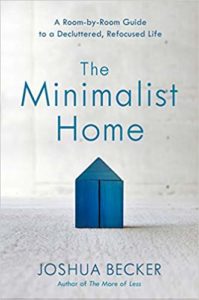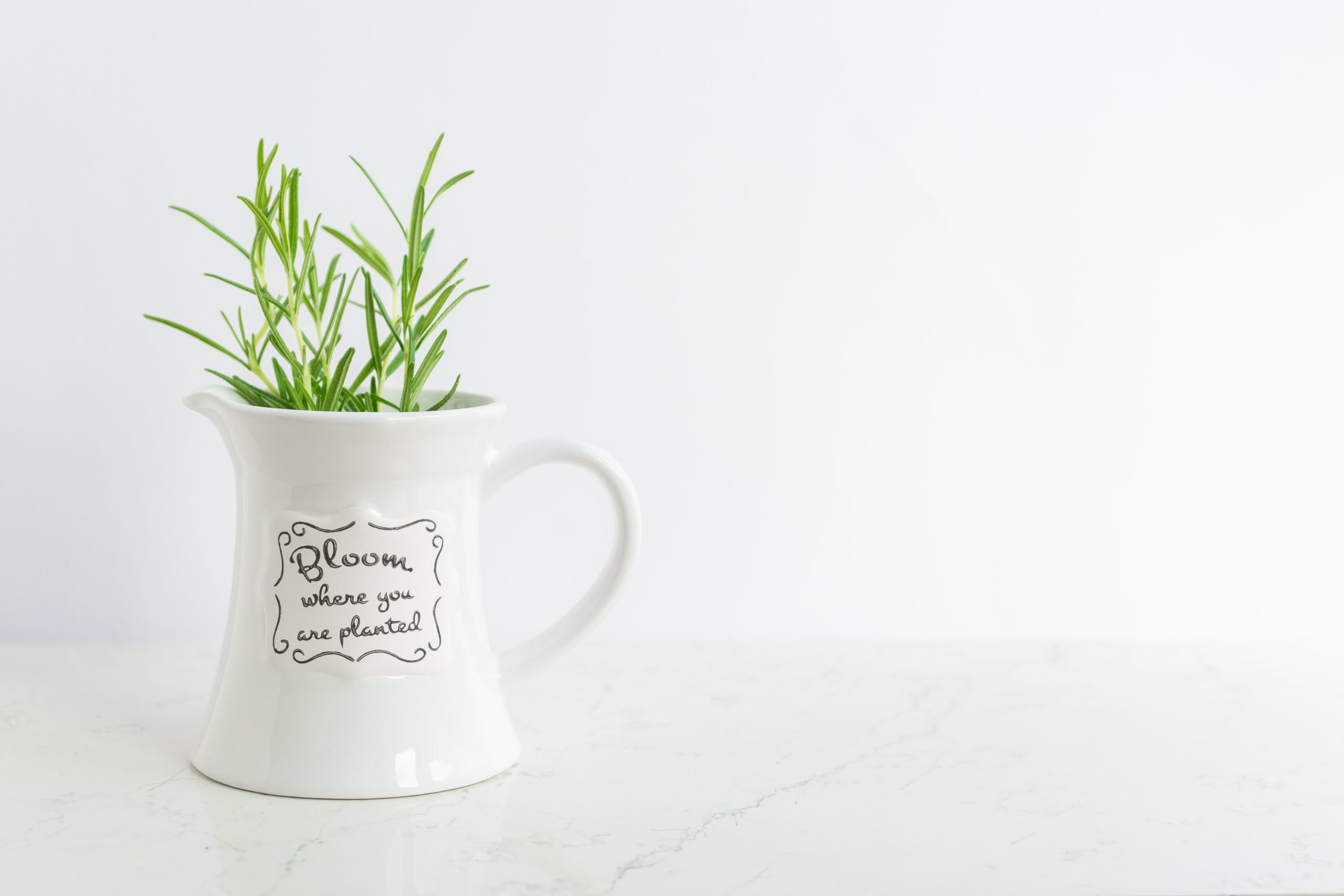Three years ago, I changed my lifestyle to incorporate varied fasts and adopt a low carb diet, hoping to avoid health problems and complications that have plagued other family members (as I’ve shared in previous articles). Since the word “breakfast” literally means “to break the fast” (from supper to the next morning), I began to recognize that evening snacks also weren’t in my best interest. But the most surprising lesson I’ve discovered has been that our bodies don’t need stuffing, like a Thanksgiving turkey, and that continual feasting has consequences. Most importantly, it pushes out the opportunity to rest and digest!
One swift glance around our house showed that my clothes closet, linen closet and most other areas of our house had been feasting, as well. I also recognized my time was bursting at the seams. Was it feasting on activities that made me feel like I was just about to explode? If so, couldn’t this also affect my health? I began to wonder if there was a relationship between the increased stress and the continual feasting in so many areas.
 Recently, I happened upon an interesting speaker, Joshua Becker, describing a minimalist home. He simply asked if my stuff was a distraction to what I actually valued. He spoke of the day that his journey took a different path. He was cleaning out the garage while his five year old repeatedly asked him to play ball and he realized his life was out of balance. He had to decide if he was going to play ball or find and organize a place to store the baseballs and bats? Though I am not a minimalist, and with 15 grandbabies I probably couldn’t ever fit what is required for my life into that category, I realized as I listened to him that too much of my free time was being taken up by caring for our stuff, mostly organizing it. So although I have been slowly and diligently cleaning out our household periodically, I had only gotten rid of what didn’t fit, what I hadn’t worn lately. But somehow, the closets got refilled and each item was requiring some type of care, precious time that I could have spent on what I truly valued in my life, relationships! Undeniably, even with a knack for organizing, I realized that without decluttering first, I had only ended up with very organized stuff in expensive containers. But was I resting in and digesting, enjoying the surroundings of our home? One swift glance around showed our closets and my calendar were bursting at the seams. Could it be my feasting on activities left me feeling overwhelmed, ready to emotionally explode? If so, couldn’t this also be affecting my health? I began to wonder.
Recently, I happened upon an interesting speaker, Joshua Becker, describing a minimalist home. He simply asked if my stuff was a distraction to what I actually valued. He spoke of the day that his journey took a different path. He was cleaning out the garage while his five year old repeatedly asked him to play ball and he realized his life was out of balance. He had to decide if he was going to play ball or find and organize a place to store the baseballs and bats? Though I am not a minimalist, and with 15 grandbabies I probably couldn’t ever fit what is required for my life into that category, I realized as I listened to him that too much of my free time was being taken up by caring for our stuff, mostly organizing it. So although I have been slowly and diligently cleaning out our household periodically, I had only gotten rid of what didn’t fit, what I hadn’t worn lately. But somehow, the closets got refilled and each item was requiring some type of care, precious time that I could have spent on what I truly valued in my life, relationships! Undeniably, even with a knack for organizing, I realized that without decluttering first, I had only ended up with very organized stuff in expensive containers. But was I resting in and digesting, enjoying the surroundings of our home? One swift glance around showed our closets and my calendar were bursting at the seams. Could it be my feasting on activities left me feeling overwhelmed, ready to emotionally explode? If so, couldn’t this also be affecting my health? I began to wonder.
Haven’t heard of minimalism? Let me explain. First, minimalism is the opposite of materialism. As described within my December article where I recommended the movie, Christmas for a Dollar, my fond memories of growing up were because we worked together as a team and enjoyed our time, not the amount of money we did or didn’t have, nor the gifts we received. Yet, I realized part of my real struggle in letting go of items has been a hindrance because the money has already been spent or I’ve owned it so long. But as I listened to this minimalist, I started to understand that keeping items also cost me something, whether it becomes a distraction or causes me to give up space in the home. So, now, looking at items differently, I wonder, “Is it worth what it costs me now”?
Whether or not you care for Madonna, her song, Material Girl, presents a realistic perspective on the struggle we all face: “Cause we’re living in a material world and I am a material girl”. So, why are we material girls? Yes, we’ve all felt the pressure to keep up with the Jones, as the old saying goes, but the feeling isn’t new. Even in the Leave It To Beaver world, there was the tendency to compare yourself with others and that culture wasn’t even considered to be that materialistic. As Americans, we strive to be successful and work more and more hours to buy more and more stuff to stay current, but does it make us happy? Healthy? Can it ever really be enough? The advertisers will tell you we need more of this or that, but I have come to realize that I respond to material objects the same way my body responds to carbohydrates, the more I have, the more I want!
More than one minimalist talks about clutter blindness, not seeing the reality, how even things shoved into a closet or cabinet, currently out of sight, still add stress to our lives, as if cluttering up our mind somewhere in the back of our brain. The Messy Minimalist describes how you get a “fresh set of eyes” when you clean out an area. I thought that was silly at first, but recently when I cleaned out our closet for the third time, I noticed immediately that once it was unpolluted, I was able to envision several new options for utilizing shelving that became empty from the condensed items. In other words, I had a spark of creativity as a direct result of fasting from some stuff.
Another blogger, The Minimalist Mom, gives ideas about how to tackle paper clutter. She specifically goes through a list of what items it is vital to keep for taxes and financial reason, and what can be shredded. Her video is a short 13 minutes, but so insightful. As a mom, she also adds so many tips about organizing a family that are helpful.
So I have had to face the facts: If clutter adds stress and stress increases my cortisol and increased cortisol adds to the inflammation in my body which increases health issues, then it is time for me to either fast from my clutter or at least budget it. Since I’m sure this challenge isn’t unique to me, as I continue to unravel this topic, I hope you will follow me as I progress down this path toward better health.











